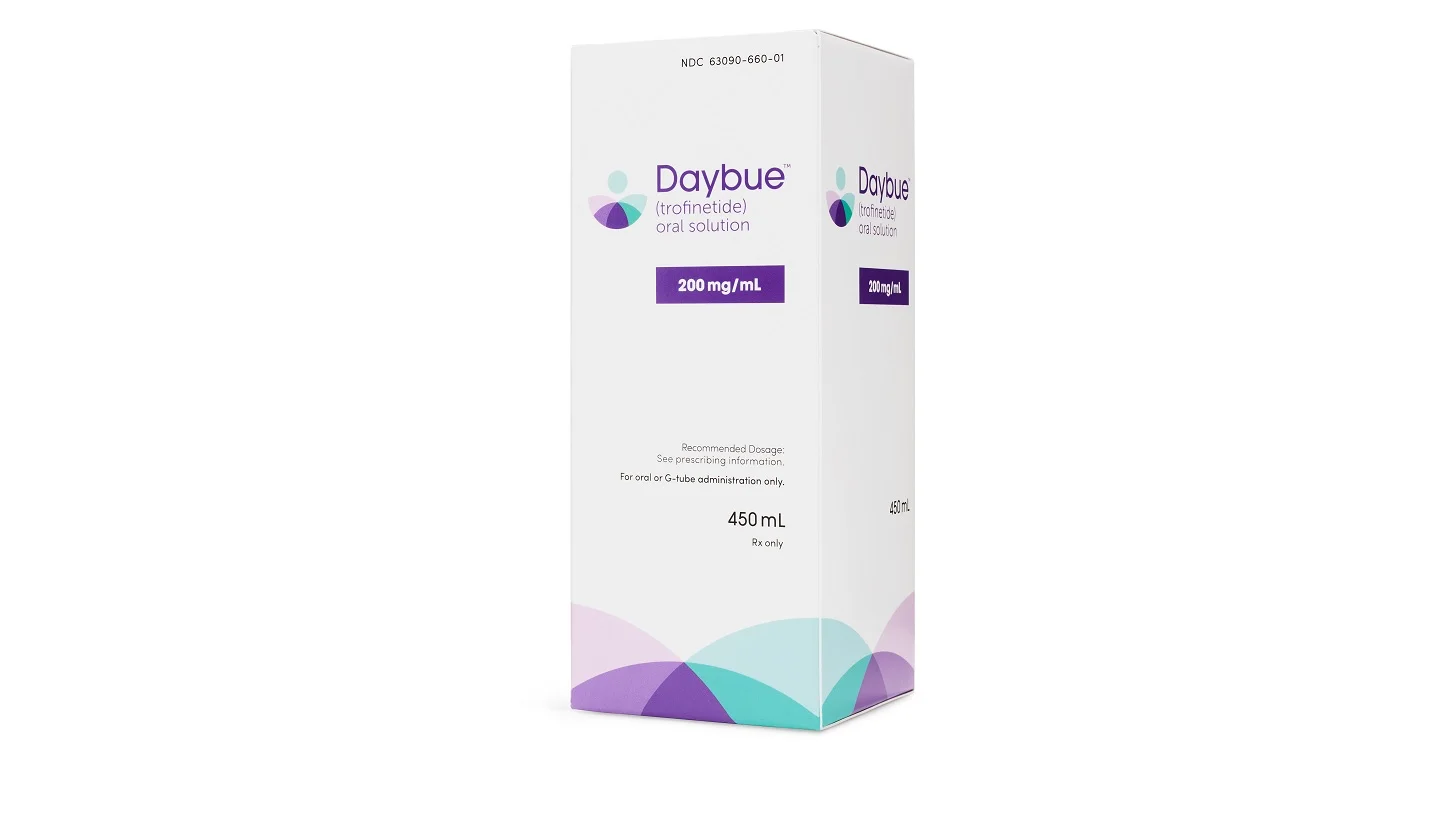DAYBUE Shows Long-Term Efficacy in Rett Syndrome: LILAC Studies Published in Med
Med journal publishes LILAC studies showing DAYBUE's long-term efficacy and safety for Rett syndrome.
Breaking News
Jul 19, 2024
Mrudula Kulkarni

The journal Med has published results from two open-label extension studies, LILAC-1TM and LILAC-2TM, Acadia Pharmaceuticals Inc. announced. These studies show that DAYBUETM treatment improved Rett syndrome symptoms as measured by the Rett Syndrome Behaviour Questionnaire (RSBQ). In patients with Rett syndrome aged five to twenty-one, LILAC-1, a 40-week open-label extension study of the 12-week Phase 3 LAVENDERTM trial, assessed the long-term safety and effectiveness of DAYBUE. In girls aged five to 22 who had finished LILAC-1, DAYBUE's long-term safety and effectiveness were evaluated in LILAC-2, a 32-month open-label extension trial. Diarrhoea and vomiting were the most common adverse events observed in these investigations, and DAYBUE's safety profile matched the outcomes of the LAVENDER experiment.
The importance of these results was emphasised by Alan Percy, M.D., lead author of the LILAC-1 and LILAC-2 studies and professor of paediatrics, neurology, neurobiology, genetics, and psychology at the University of Alabama, Birmingham. He said, "These data from the open-label extension LILAC studies provide deeper insight into the long-term safety and potential benefit of DAYBUE for patients with Rett syndrome." The literature on clinical experience with DAYBUE and its possible long-term effects on individuals with this illness is expanding thanks to these articles."
The outcomes of LILAC-1 and LILAC-2, according to Ponni Subbiah, M.D., M.P.H., Senior Vice President, Global Head of Medical Affairs, and Chief Medical Officer at Acadia, expand on the conclusions drawn from the pivotal Phase 3 LAVENDER trial and the current LOTUS real-world evidence study. Patients who have had DAYBUE treatment for more than two years are included in these trials, adding to the large and growing body of data that is being gathered. Dr. Subbiah said, "These results from LILAC-1 and LILAC-2, which include patients who have been on treatment for more than two years, add to the results from the pivotal Phase 3 LAVENDER trial and the ongoing LOTUS real-world evidence study, contributing to a robust and growing portfolio of impactful data furthering our understanding of DAYBUE for the treatment of Rett syndrome."
